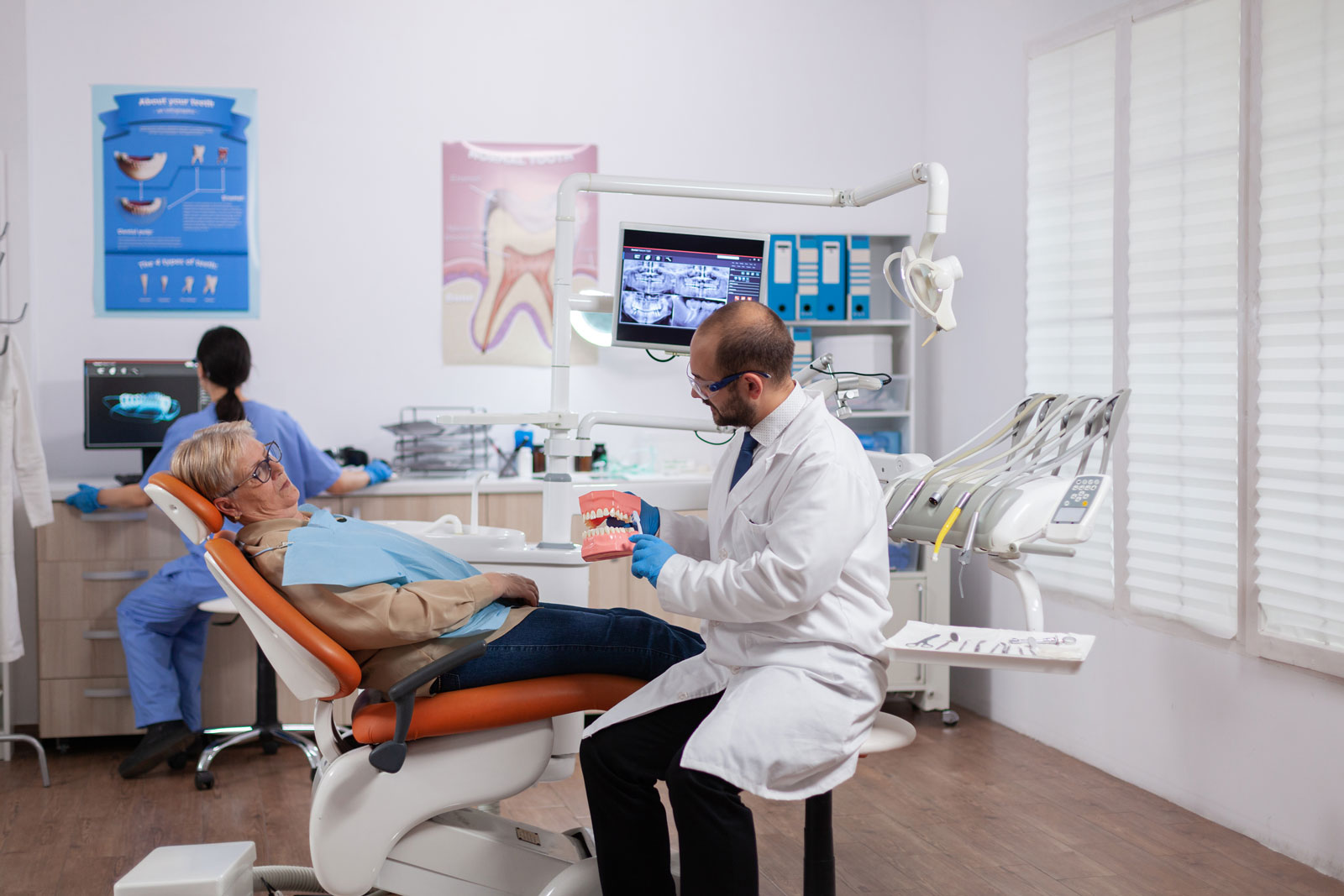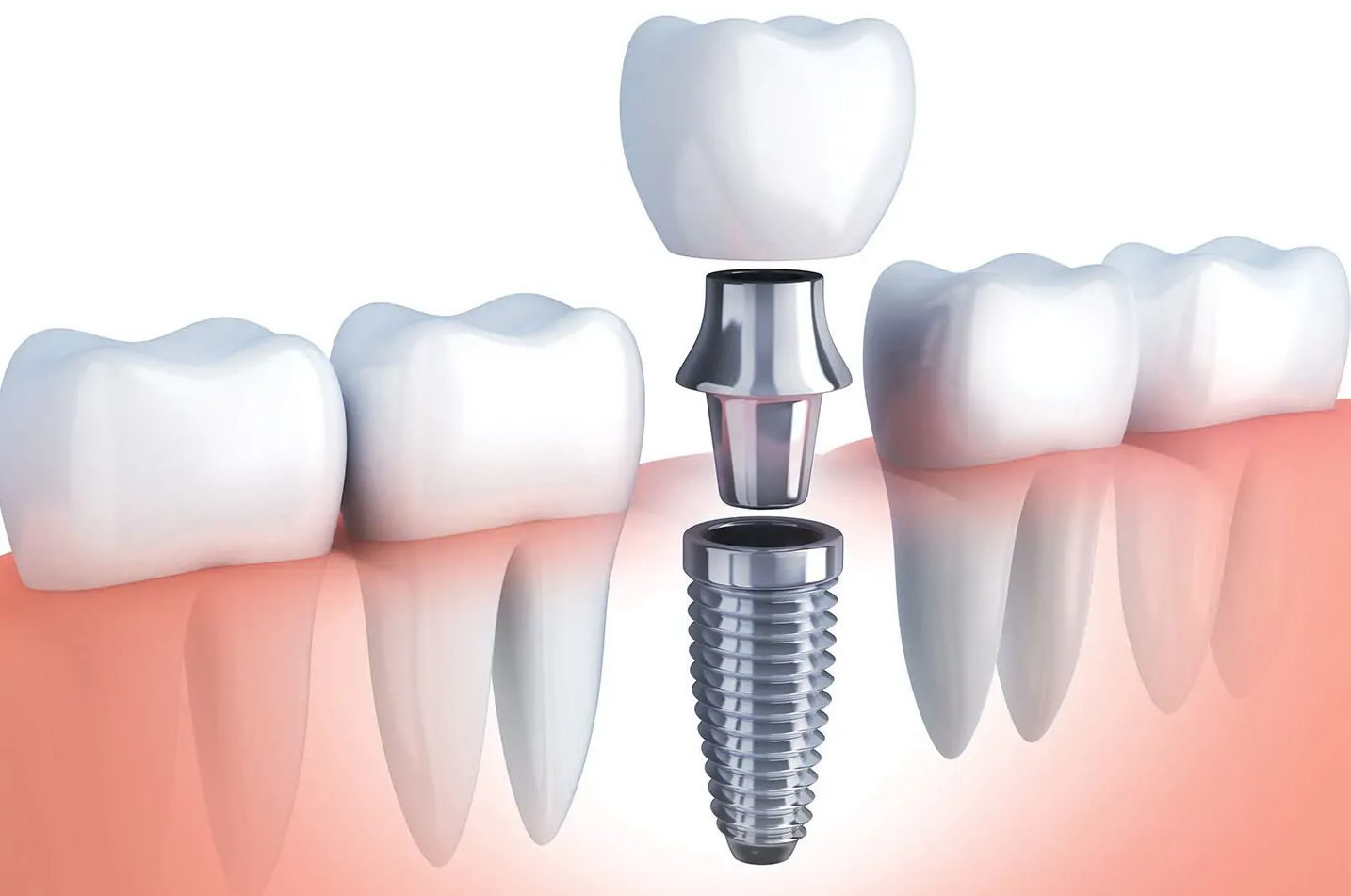When we talk about dental prostheses today, it is often associated with the elderly. However, with changing and evolving conditions, we now see patients experiencing tooth loss, even requiring full denture solutions, at much younger ages.
Although there are many reasons for tooth loss, genetic factors and insufficient consumption of breast milk stand out as the primary causes. Alongside tooth loss, various other issues can arise.
Foremost among these are undoubtedly tooth loss.
- Due to aesthetic concerns, individuals may hide their smiles and experience a loss of self-confidence.
- Facial collapse and wrinkles can occur due to missing teeth.
- Chewing function can be compromised.
- Misalignment may occur due to movement towards the empty spaces in the teeth.
- The temporomandibular joint can become thinner in the area where chewing is impaired due to missing teeth.
- Temporomandibular joint damage can occur.
- Neglecting oral hygiene can lead to food debris entering the areas with missing teeth, causing gum inflammation and tooth decay.
- Insufficient chewing due to dental deficiencies can lead to stomach problems such as gastritis, ulcers, and weight gain.
Individuals with missing teeth can benefit from different treatments depending on the number of missing teeth they have.
If the number of missing teeth is low, fixed prostheses that cannot be removed are made for the patient. These non-removable fixed prostheses are completed by cutting the teeth next to the missing tooth and attaching a bridge prosthesis made in the laboratory to these teeth.
What do we do if there is more than one missing tooth?
If there are multiple missing teeth and it is not feasible to make fixed prostheses that cannot be removed, a removable partial denture can be made for the patient.


Which treatment is applied to patients with no teeth?
Patients who have lost all of their teeth due to various reasons are generally provided with total dentures, commonly known as “dentures” in colloquial language.
However, while these prostheses can restore patients to their standard of living and address the problems caused by tooth loss, they also come with some difficulties.
Firstly, the adaptation process to total dentures can be quite painful. Patients may experience difficulties while eating, speaking, and chewing during this adaptation period.
Patients may experience discomfort while keeping the total dentures in their mouths. These are problems that may diminish over time. Nevertheless, patients often report feeling better overall compared to their complaints before getting total dentures.
Over time, total dentures may break or lose their fit with the jaw, leading to discomfort.
In such cases, replacement of the total dentures may be necessary. However, apart from these problems, there is no harm in using total dentures.
In what cases is implant treatment applied?
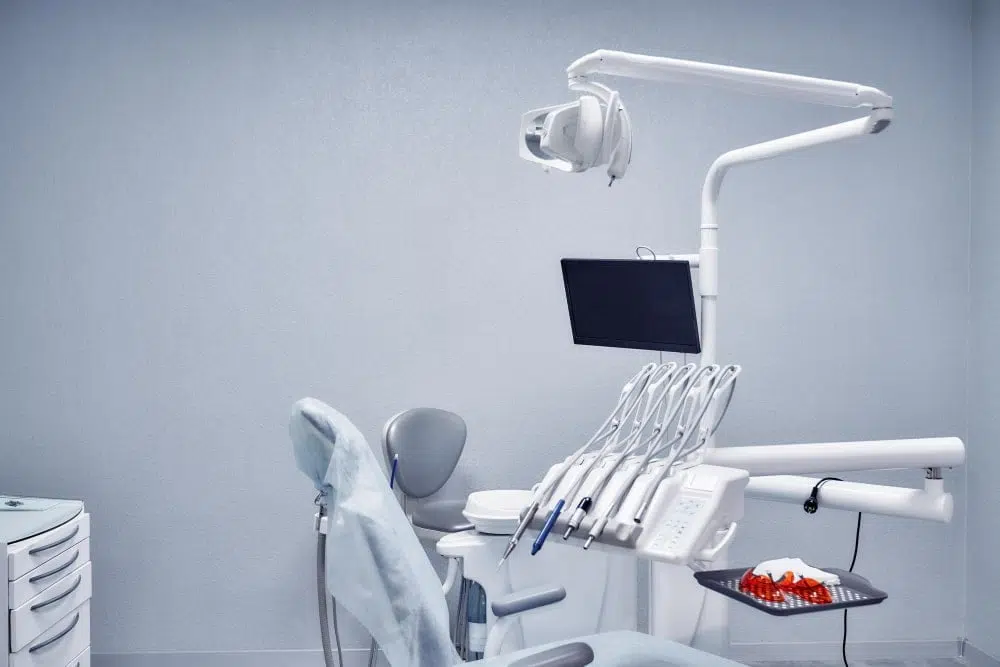
Implant treatment;
- In cases where the last tooth in the jaws is missing
- When fixed prosthesis cannot be made
- When a removable removable prosthesis is not desired,
- In completely edentulous mouths
- When the jaw bone becomes dull
- When the use of total dentures, commonly known as dentures, becomes difficult
- Implant treatment can be applied to prevent the prosthesis from moving in the mouth.
You can contact us via our contact page for detailed information about implant treatment and its applicability.
Questions Asked About This Subject
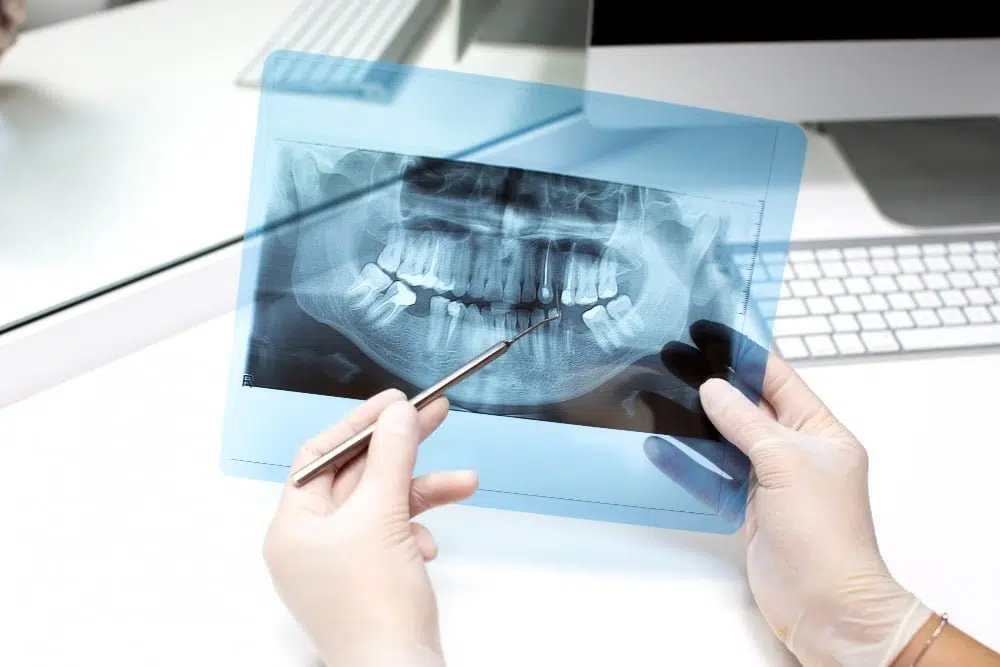
Can full edentulous patients be implanted?
Removable prostheses can be made for completely edentulous patients, as well as implant treatment. The patient is first examined, and the treatment is shaped according to the adequacy of the jawbone and whether the patient has other disorders.
How is implant treatment performed in completely edentulous patients?
For fully edentulous patients, after examination, if the patient is deemed suitable for implant treatment, the procedure begins with local anesthesia. If the jawbone is suitable, the number of implants to be placed and the type of treatment to be applied are determined. After determining the number of implants, the gum tissue is lifted in the areas where the implants will be placed. Using a tool called a drill, implant sockets are created. The implants are then placed into the sockets, and prostheses are made on top of them.
İşlemden önce çene kemiğinde yetersizlik görülürse kemik grefti veya sinüs kaldırma gibi operasyonlar da yapılabilir.
How Many Implants Are Made in a Completely Toothless Mouth?
Generally, 6–8 implants are made in a single jaw for patients with complete edentulousness. If the patient has bone resorption, 4 implants can also be performed.
Will I feel pain during implantation?
Since the implant is placed under local anaesthesia, there is no pain. Implant application is not as difficult and painful as it is thought to be.
How long does implant treatment take?
Implant treatment is becoming a procedure applied in a short time thanks to the developing technology and application diversity, both in patients with complete edentulousness and in smaller procedures. The implant placement phase can be performed between 10 and 30 minutes. It can also be extended to 1 hour depending on the differences in the jaw structures of the patients.
Implants, which are made immediately after tooth extraction, which is one of the newest applications, are one of the very short procedures that can be performed without waiting for long periods, such as the healing process.
This application, which is performed when there is no infection in the cavity of the extracted tooth, also makes the process of getting used to the implant very short. Apart from this process, which cannot be applied to every patient, there are different applications.
There are patients who may also require short acclimatisation periods after the implant placement phase. In such patients, prostheses are applied to the implant after the healing process.
How should implant cleaning be done in patients with complete edentulousness?
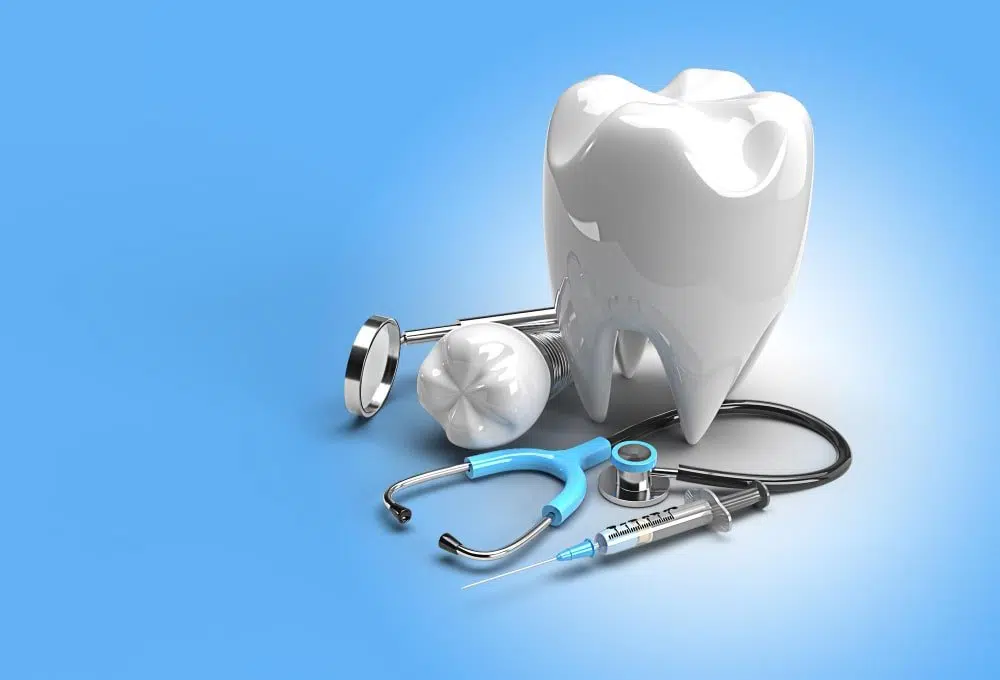
Implant cleaning is the only process that determines the permanence of the implant after the patient’s treatment process. It is necessary to pay 3 times more attention to the cleaning of the implant than to the cleaning of the main tooth.
In this process, implant cleaning should be provided by using interim toothbrushes, tooth cleaning solutions, special brushes, toothpastes, and dental floss recommended by the dentist. Problems such as implant falls and gum disorders may occur with implants that are not cleaned carefully. Therefore, implant cleaning is very important.


